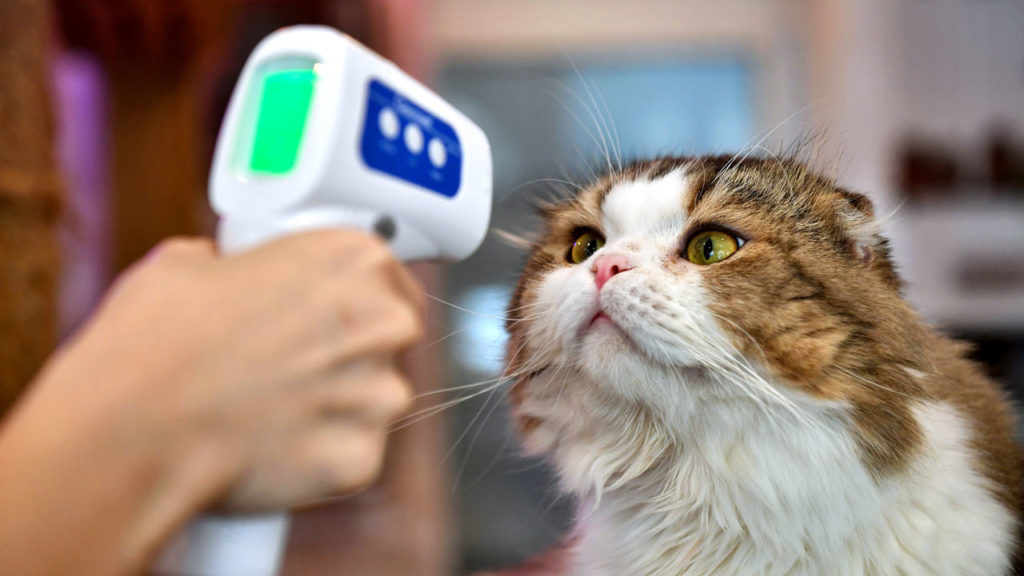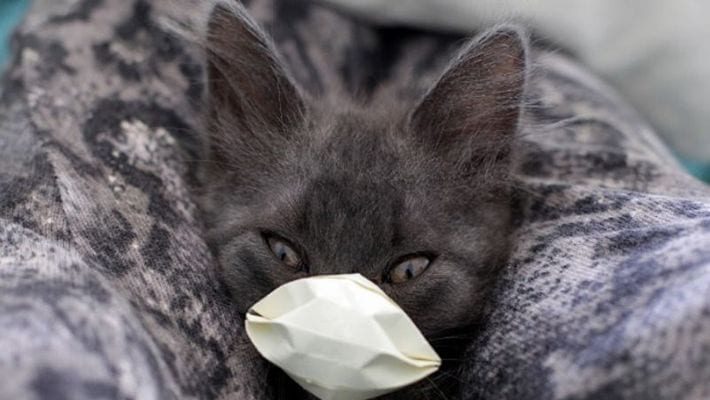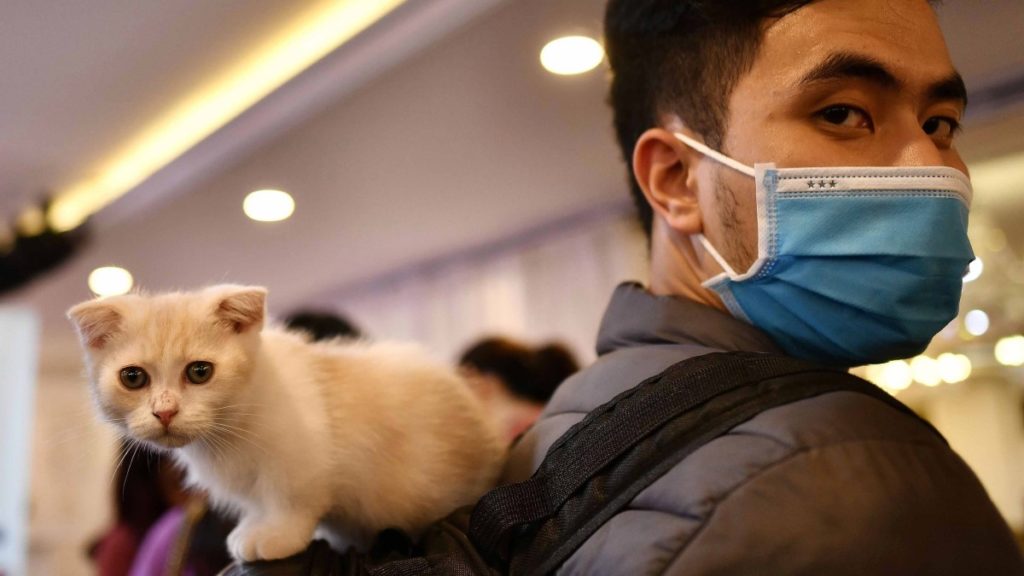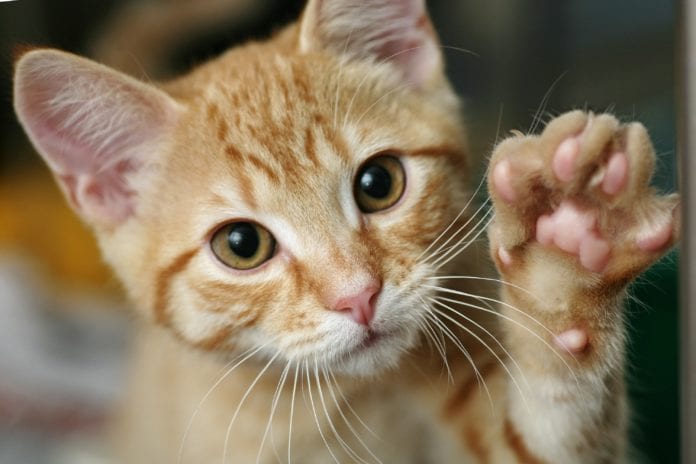In a new study conducted in Wuhan, where the coronavirus outbreak began, it was found that more cats might be COVID-19 positive than initially believed. These felines are able to fight the virus with naturally developed antibodies, though they are still at risk of reinfection of coronavirus.
A study was conducted by researchers from Huazhong Agricultural University, in the Chinese city of Wuhan. They took blood samples from 102 cats between the time period of January and March 2020. Along with the blood samples, nasal and anal swabs were also collected.

Results of the study
The results of their study were published in the peer-reviewed journal Emerging Microbes & Infections. COVID-19 antibodies were present in 15 of the blood samples. Out of these, 11 were found to have neutralizing antibodies — proteins that bind so successfully to a virus they block the infection.
None of the cats tested positive for coronavirus or displayed obvious symptoms, and none of the felines died. Out of the total cats studied, 46 were abandoned from 3 animal shelters, 41 from 5 pet hospitals, and 15 were from COVID-19 patient families.
The three cats which had the highest level of antibodies were all previously owned by families who got infected with the coronavirus. There were also signs of cats getting infected by other cats which were abandoned or based in pet hospitals.

Humans to cat transmission
Lead author Meilin Jin said that even though there is no evidence of cat-to-human transmission, we should take precautions. It was difficult to completely understand the reason behind infection in stray cats. They thought it is reasonable to speculate that they could have gotten infected due to the contact with a coronavirus polluted environment, or an infected person who might have fed them.
Therefore, steps should be taken to maintain distance between infected people and their companion animals like dogs and cats. Quarantine and hygiene measures should be arranged for these high-risk animals.

The researchers studied the type of antibody reactions in great detail. They were also able to describe the dynamic characteristics of the antibodies. One of their discoveries was that the type of reactions produced by these felines is similar to that observed in seasonal coronavirus infections. This implied that cats are at risk of reinfection of SARS-CoV-2 infection.
According to the authors, a similar transient antibody response can also be observed in humans. Going forward, their study can be used as a “reference for the clinical treatment and prevention of COVID-19.” Adding to this, they also said that cats have great potential as an animal model to assess the characteristics of antibodies against COVID-19 in humans. More research is needed to determine the route of the coronavirus from humans to these felines.
Jin said that since all of the antibody samples were taken after the coronavirus outbreak, it suggests that infection in cats could be due to transmission from humans. Still, this needs to be verified by studying coronavirus infections before the outbreak in a variety of samples.
Further Reading:


